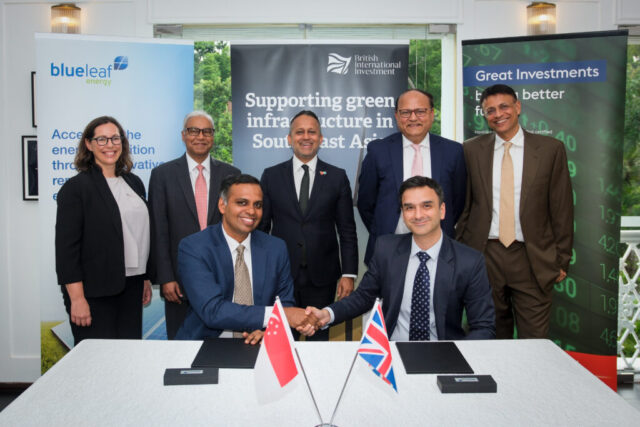The IB Deuda Impacto España will invest in 40 high-impact social projects across Spain and aims to raise €150m over the next year.

Impact Bridge Asset Management, a Spanish fund manager specialised in social impact investing, has launched what it says will be the largest social-impact fund in Spain, with a €30m commitment from the European Investment Fund (EIF), €10m CaixaBank’s social investment bank MicroBank and €10m from the Instituto de Crédito Oficial.
The IB Deuda Impacto España, which has also received commitments from other institutional investors, family offices and private investors, aims to reach first close with €80-90m by the end of July and its target of €150m over the following 12 months.
The fund managers said they would use the capital raised to finance up to 40 Spanish businesses investing in areas such as rural development, labour inclusion, climate and environment, circular economy, sustainable agriculture, and gender equality.
The Article 9 fund has been structured as a private debt fund and will provide an annualised target net return to investors of around 6%, with an initial three-year investment period in all its portfolio companies followed by an additional four-year harvesting period, during which the fund managers will slowly reduce their exposure before final exit.
Catalytic capital
Speaking to Impact Investor, Arturo Benito, CEO and co-founder of Impact Bridge, said that the commitments made by EIF, which are backed by the European Union’s InvestEU Programme, had proven catalytic to attracting new investors to the fund.
“Its [the EIF’s] €30m investment unlocks other potential big investor’s interest that would [otherwise] not be able to invest in a smaller fund,” he said adding that the EIF’s strict due diligence process conducted by its “seasoned private debt team” had also helped prepared Impact Bridge for the due diligence demands of other “sophisticated” investors and that the EIF had also “played a key role while negotiating the fund’s LP conditions for all investors”.
European Commissioner for the Economy, Paolo Gentiloni, commented: “Securing a sustainable, digital, and inclusive economy requires substantial and continuous investment. I welcome the crucial role InvestEU is playing in this context. This agreement will provide SMEs in Spain with the necessary resources, helping them to grow and create jobs, while advancing important goals such as gender equality, energy efficiency and rural development.”
Benito said the team would invest in companies that actively sought to generate a positive change in their community, either through their business activity or through the way in which they conducted their business, or both.
“The companies must be willing to disclose non-financial metrics and commit to achieving specific and quantifiable impact targets, which will be agreed in dialogue with Impact Bridge and included in the contractual documentation of each investment,” he said. “If the company does not fulfil the impact objectives defined, it will pay a higher interest rate. In this way we align the financial and the impact objectives.”
Private debt
Benito explained that the fund would support impact projects that could not be financed through equity, adding that compared with equity, private debt was “less invasive” (not interfering in a company’s shareholder structure), more conservative, limited in time (maturing over shorter periods of time), less expensive as well as being more flexible than traditional standardised bank debt.
“We believe there is a structural investment opportunity in Spanish private debt,” he said. “In Spain, 78% of SMEs still rely exclusively on banking debt, the highest rate versus other European countries such as Germany (55%), France (45%) or United Kingdom (35%) for instance. There is significant room to grow.”
He said that many social SMEs had been launched by entrepreneurs, foundations and other companies in recent years which were “not interested at all in introducing private equity funds into their company’s shareholder structure”.
Benito said his team had already identified “extraordinary” investment opportunities and would announce its first investments at the end of July.
“Although we cannot give names yet, we have very advanced investment opportunities in our pipeline,” he said, adding that this included a loan to a social enterprise backed by a renowned NGO, dedicated to the training and labour integration of vulnerable groups through the reuse and recycling of textiles, as well as a loan to a Galician social enterprise to finance the acquisition of machines to clean forests of natural waste in remote rural areas. This, he said would contribute to fire prevention, create 50 new direct jobs in rural areas, and the waste collected could be converted into biomass.





